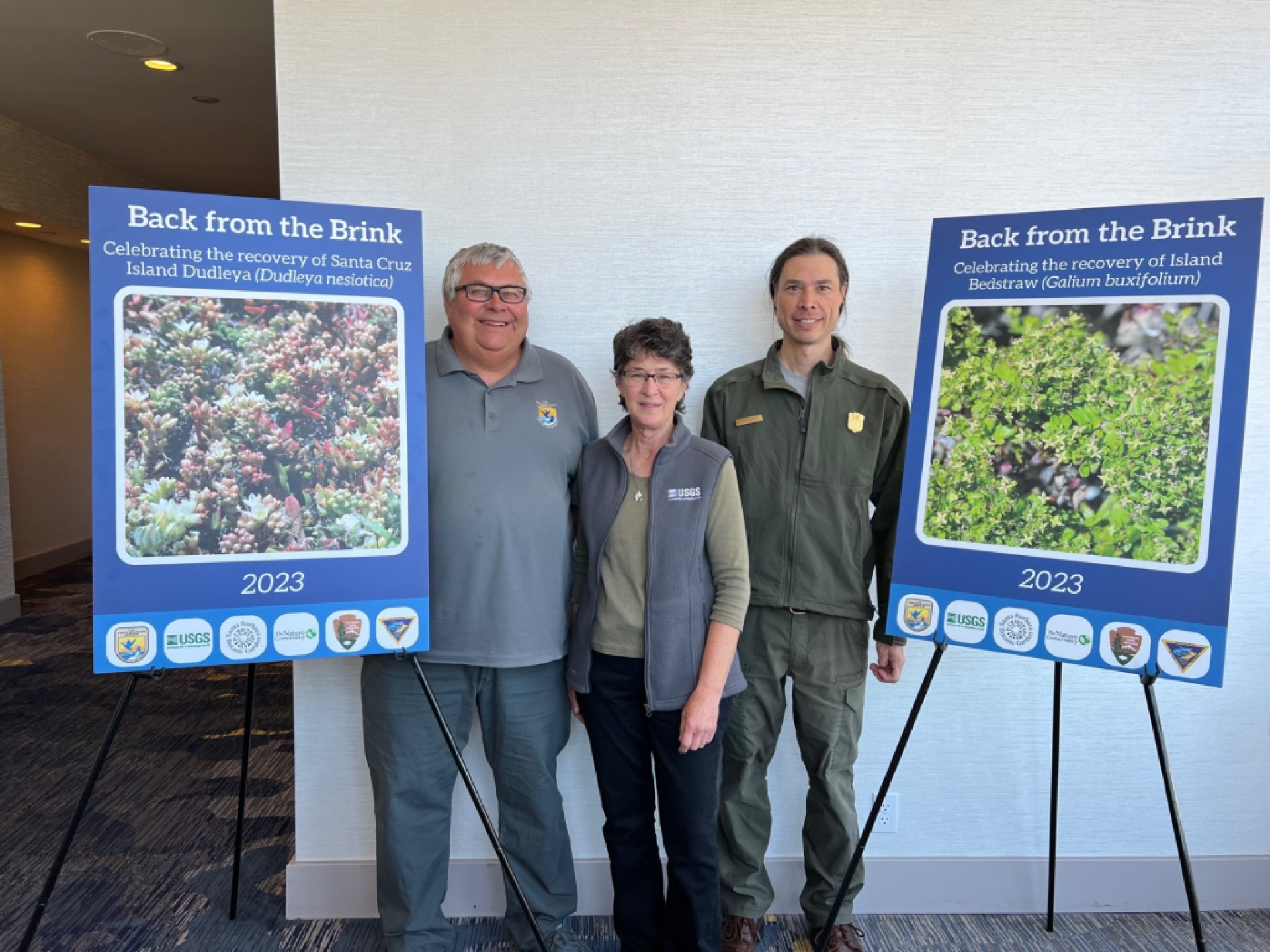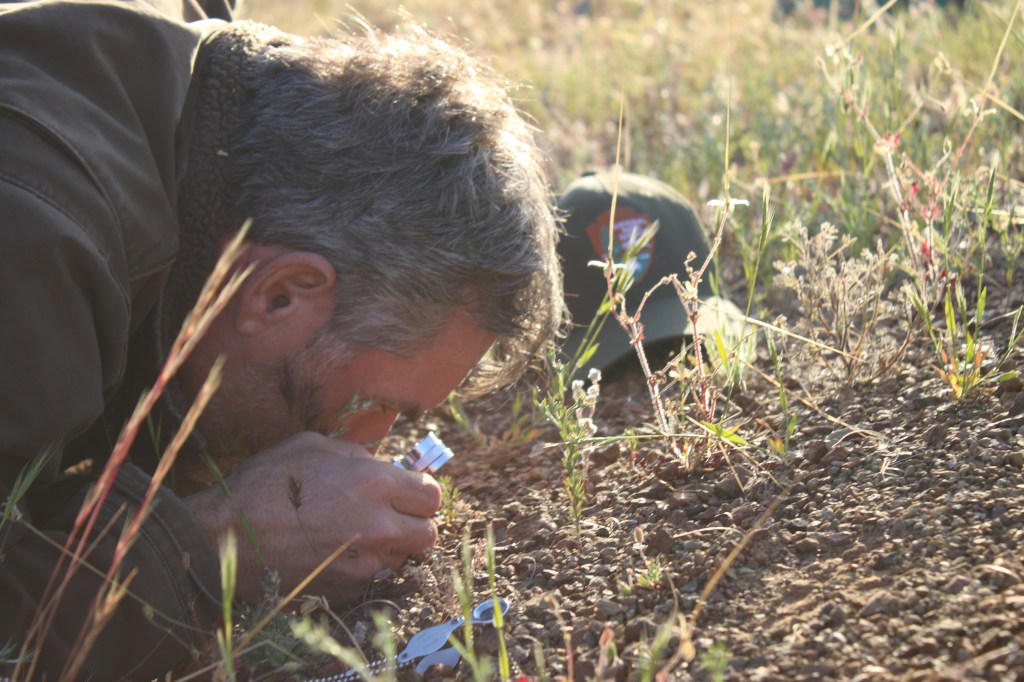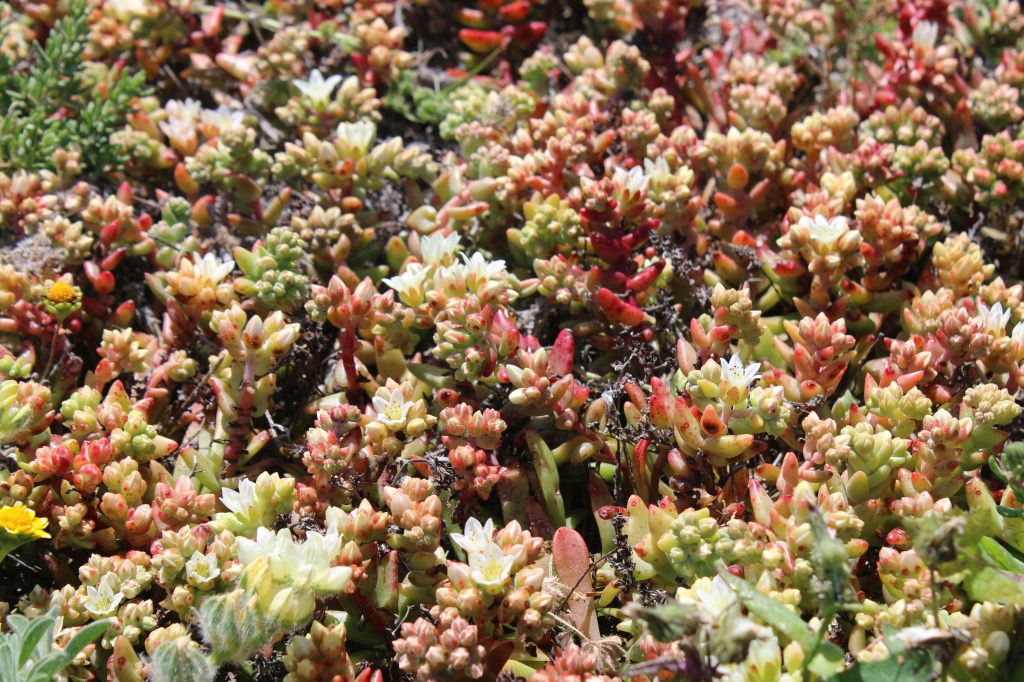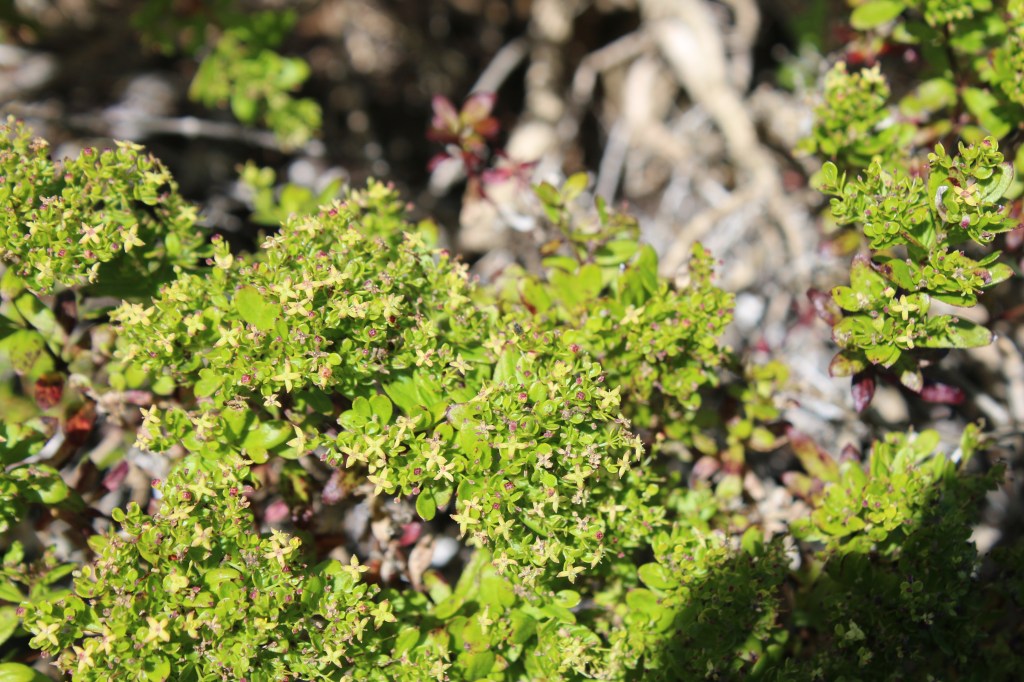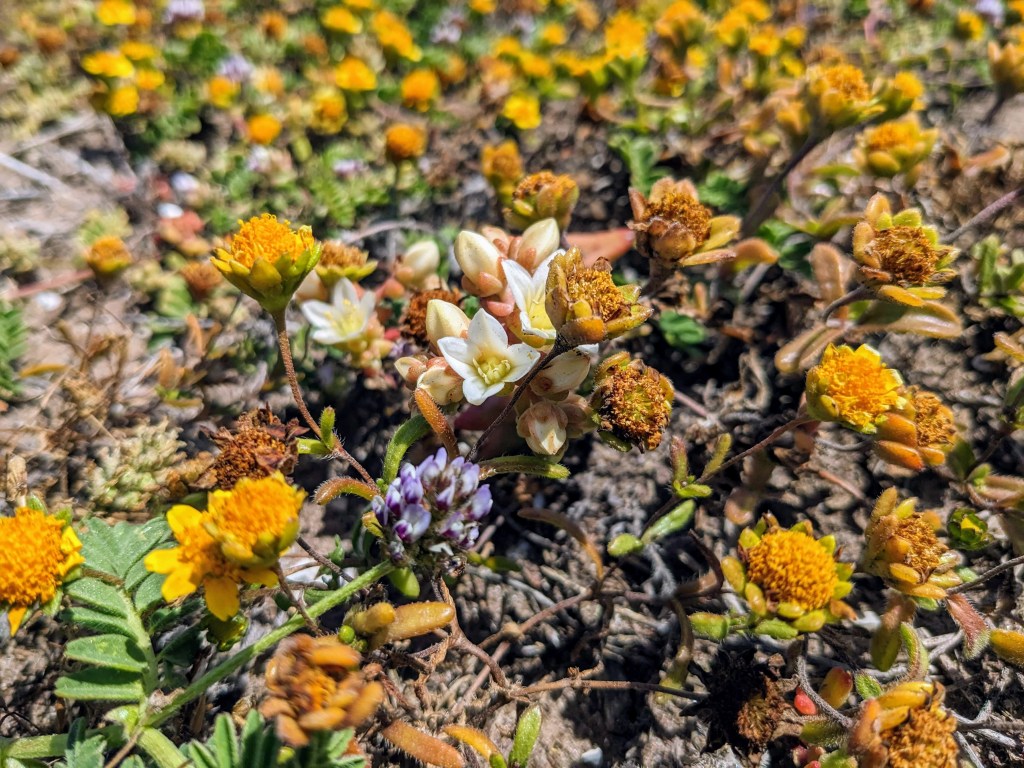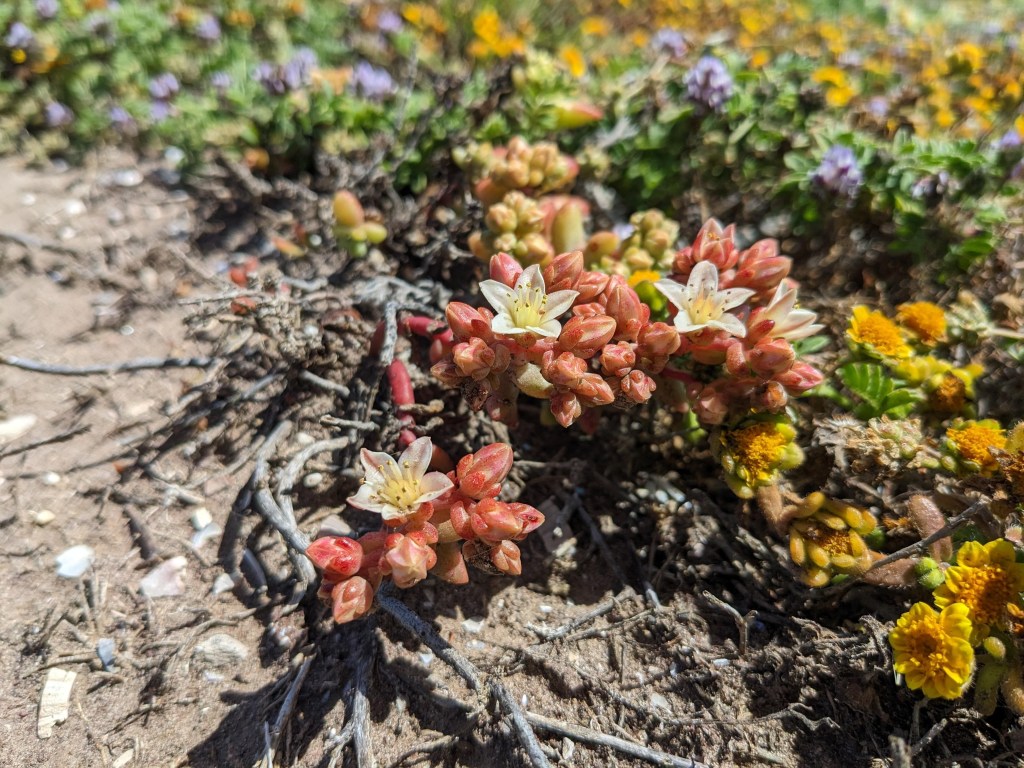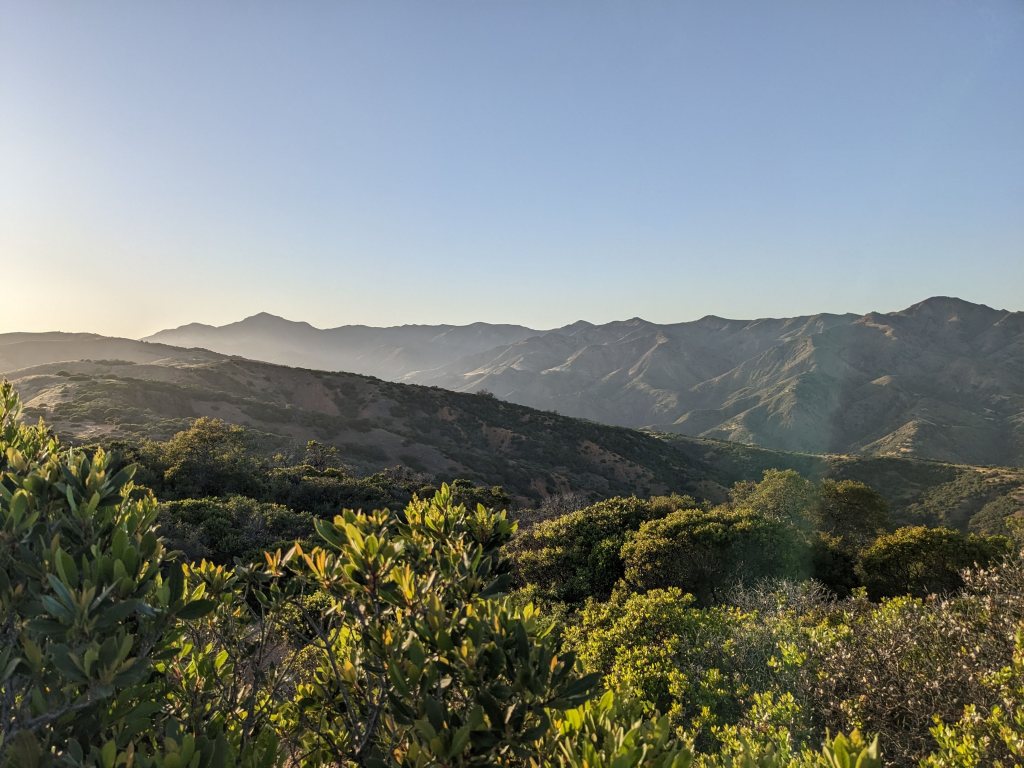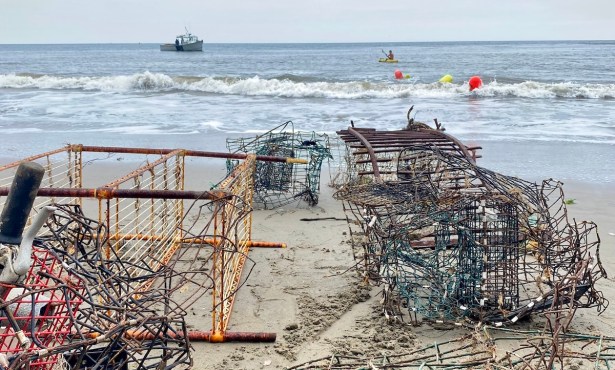Channel Islands Flora Revival
Two Plants Rise to New Life Thanks to Recovery Efforts
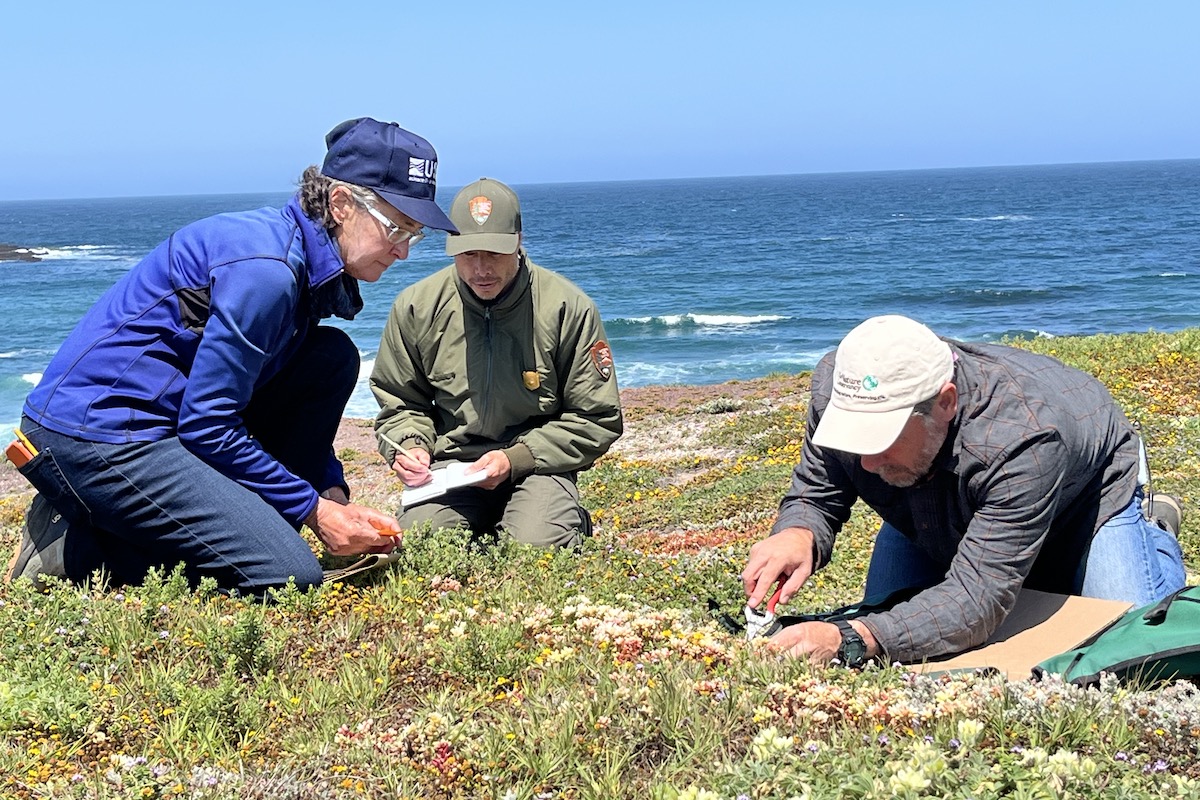
Two endemic island plants are coming off the Endangered Species List, the U.S. Fish and Wildlife Service announced on November 7, at the Channel Islands Symposium in Ventura.
“It works,” said John Knapp, California Islands Ecologist for The Nature Conservancy (TNC), in regards to the 50-year anniversary of the Endangered Species Act (ESA). “The islands are a great example of the ESA succeeding.”
The Santa Cruz Island dudleya (Dudleya nesiotica) and the island bedstraw (Galium buxifolium) are two of many island plants that endured the effects of ranching on what is now the Channel Islands National Park. From the 1820s until the late 1990s, ranch animals such as cattle, sheep, pigs, and goats bore a negative outcome across the island biome. As non-native animals grazed and denuded the chain, non-native plant seeds outcompeted with island flora.
“Every plant on the island is like a single parent,” said Knapp. “There’s less plants on islands than on the mainland, so if you lose a plant, it puts more pressure on other plants to enhance the ecosystem.”
On Santa Cruz Island, the unique dudleya species (also known as liveforever) was restricted to a small region on TNC property. The bedstraw is found on Santa Cruz and San Miguel Islands. During the ranching era, that woody plant was restricted to sheer cliff faces, places where ranch animals couldn’t reach it.
Once huge herds of sheep were removed by 2000 and feral pigs eradicated by 2008 — both on Santa Cruz — these two endangered species began to heal on their own. The bedstraw started to creep back over cliff edges, spreading across windswept marine terraces. Since eradication of non-natives, the dudleya has expanded over a mile beyond what was once a very restricted zone on the largest, most diversified isle off the California coast.
“We have to recover these species so people can learn,” said Ken Niessen, botanist with the U.S. Fish and Wildlife Service’s Ventura office. “It takes time and money to have people looking for plants. We have a responsibility to make things better than before.”

